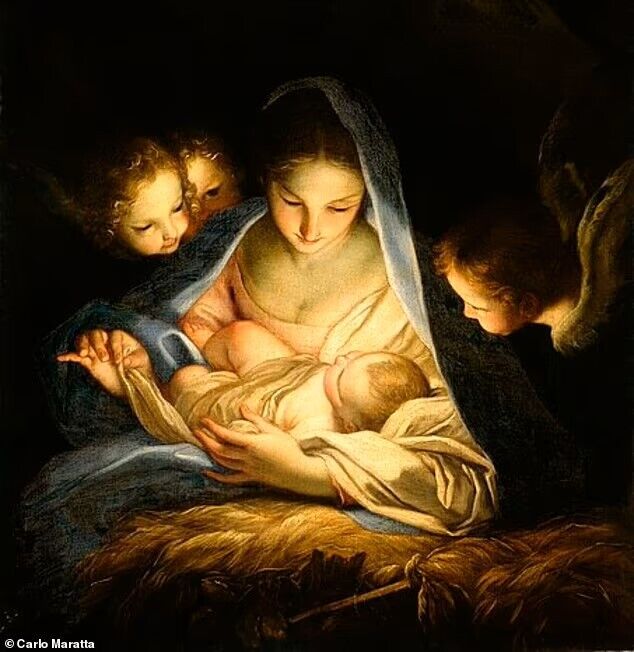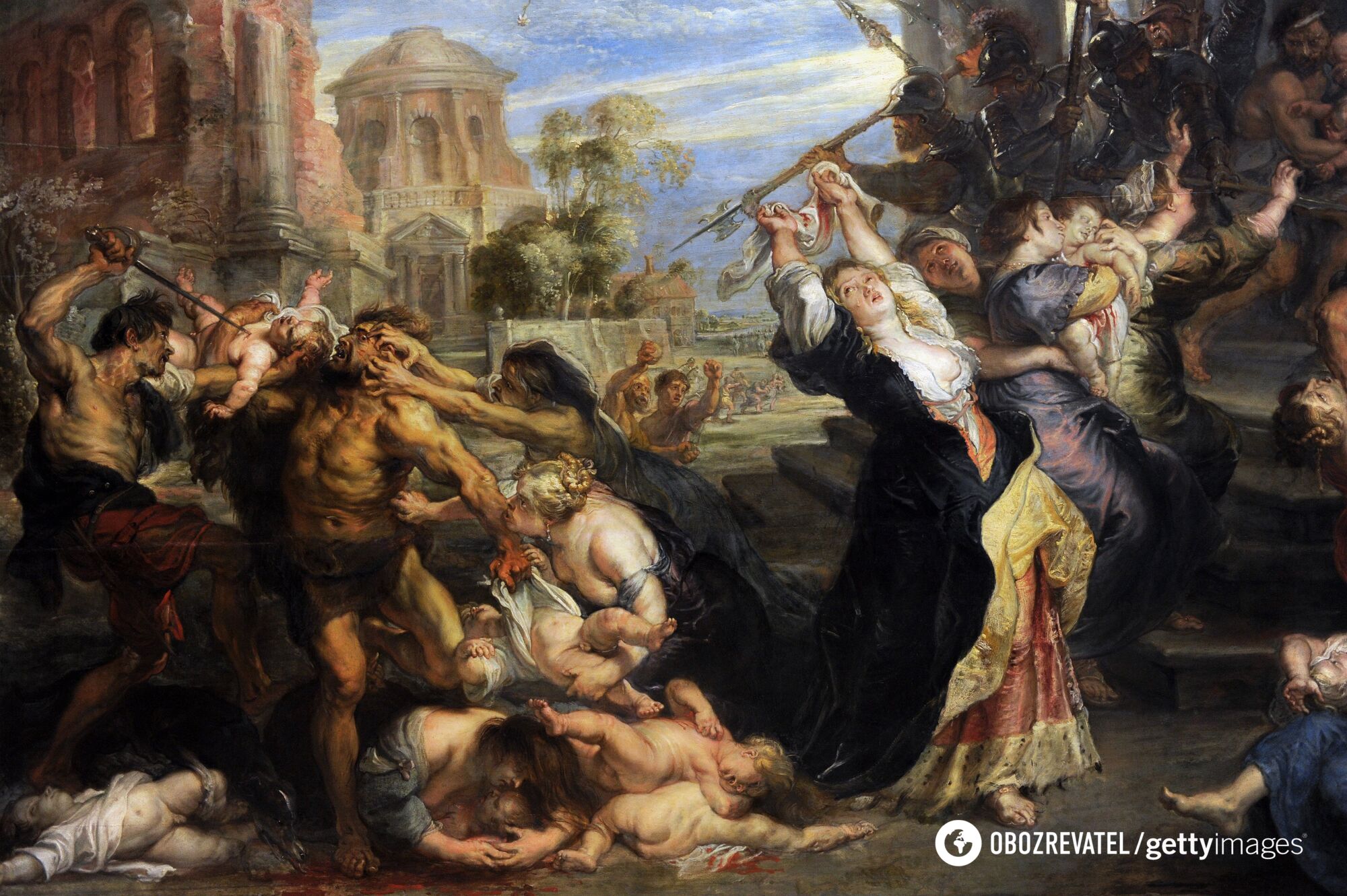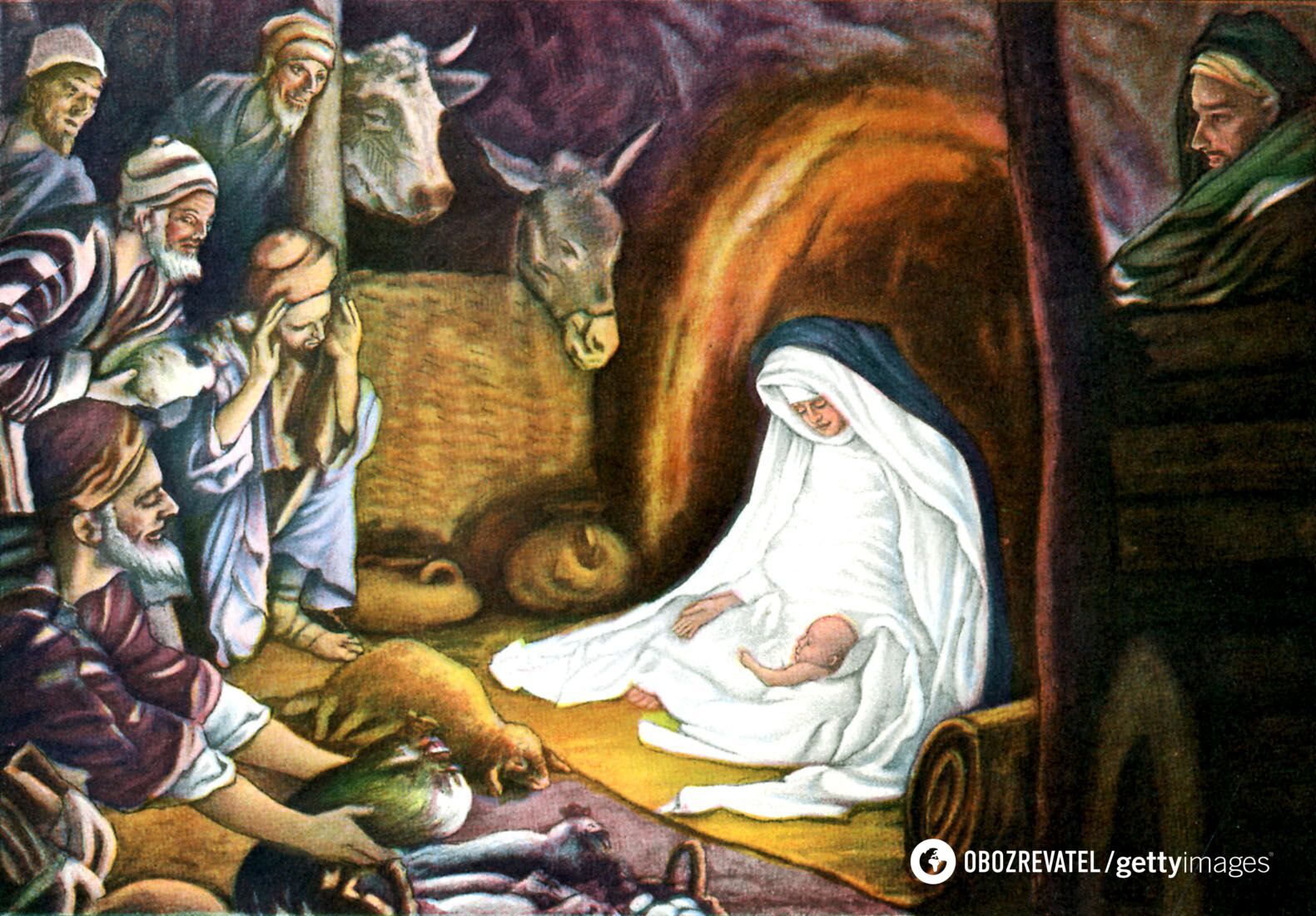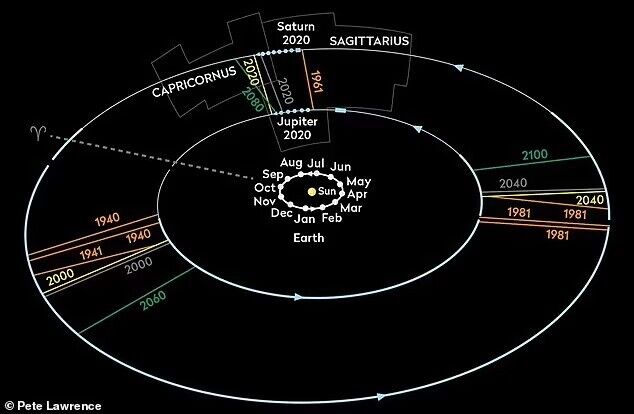News
Scientists reveal the exact date of Jesus' birth: it is not December 25, 1 AD
According to the beliefs of millions of Christians around the world, December 25 this year marks the 2023rd anniversary of the birth of Jesus. However, a new study proves that Christ was not born in the winter of 1 AD.
Experts say that the Son of God may be older than previously thought. According to historians, there is no reason to believe that Jesus' birthday really falls on December 25, DailyMail reports.
Historical facts
According to traditional belief, Jesus was born on December 25, 1 AD, which means that this Christmas Christians will celebrate the 2023rd anniversary of his birth.
Regardless of one's religious views, there is no denying that there was indeed a man named Jesus who was born in the Roman province of Galilee approximately 2000 years ago. However, since the man was born into the peasant class, there would be no record of his birth.
According to Professor Lawrence Mykytyuk of Purdue University, to find out when Jesus was actually born, we need to connect his life with famous figures who left many testimonies.
One of the key sources that scholars refer to is the life of the Jewish king Herod the Great, who was appointed by Rome to rule the lands, including Bethlehem and Jerusalem, from about 37 BC.
According to the Bible, when Herod heard that the "King of the Jews" was about to be born, he issued a decree to kill all Jewish boys under the age of two. If this is true, then Jesus must have been born at least two years before King Herod died.
According to historians, there are many contemporary sources that provide evidence about the life and death of King Herod. For example, the historian Josephus' Jewish Antiquities, written 60 years after Jesus' death.
Josephus describes that a lunar eclipse occurred shortly before Herod's death. This could refer to four possible dates: September 15, 5 B.C., March 13, 4 B.C., January 10, 1 B.C., and December 29, 1 B.C., astronomers say.
"Josephus also tells us in two places that the Jewish Passover occurred shortly after the death of Herod the Great. Since Easter is celebrated in the spring, September, January, and December are excluded," emphasizes Professor Mykytyuk.
Based on this calculation, most scholars date the year of Jesus' birth to about 4-6 BC, which means it falls on 2029 this year.
The only doubt in these calculations is that there is no evidence, other than the Bible, that King Herod actually ordered the slaughter of the babies. Although historical records certainly paint Herod as a tyrant.
Nevertheless, the authors of the Gospels are certain that Jesus and Herod lived at the same time. And since the Bible has confirmation of the dates of other historical figures such as Pontius Pilate and Emperor Augustus, it is fair to assume that it is approximately correct about Herod, researchers say.
When is Jesus' birthday?
According to historians, the first real mention of December 25 as the date of Jesus' birth appeared in the middle of the fourth century AD in a Roman almanac listing the dates of death of various Christian martyrs. However, most scholars agree that this date probably has little to do with Jesus' actual birthday.
"It is unlikely that Jesus was born at the end of December, because 'there were shepherds in the field who guarded their flocks at night. However, in winter, they kept the sheep in a sheepfold to protect them from the weather," notes Professor Mykytyuk.
Instead, the grass that the sheep ate is most abundant in March. "This fact of the abundance of grass in March is consistent with the lunar eclipse that occurred shortly before the death of Herod the Great. The earliest date that can be determined with certainty for the birth of Jesus is March, 6, 5, or 4 BC," the professor emphasizes.
In search of a more precise date, some scholars have investigated the three wise men of the Bible. In the Gospel of Matthew, the three wise men search for Jesus by following "his star in the east."
In 5 B.C., Chinese astronomers of the Han Dynasty recorded the passage of a "broom star" that "walked" across the sky for 70 days. Professor Colin Humphreys of the University of Cambridge believes that this comet was the Star of Bethlehem.
And in the spring of 6 BC, an extremely rare astronomical event called a triple conjunction was recorded - Jupiter and Saturn came close to each other three times in a very short period of time. The American historian Michael Molnar suggests that this was perceived as a particularly auspicious sign, possibly heralding the birth of a king.
So regardless of whether it was a comet or a rare alignment of the planets, all the evidence points to the fact that Jesus was most likely born in spring, not winter.
Only verified information is available in the OBOZ.UA Telegram channel and Viber. Do not fall for fakes!































